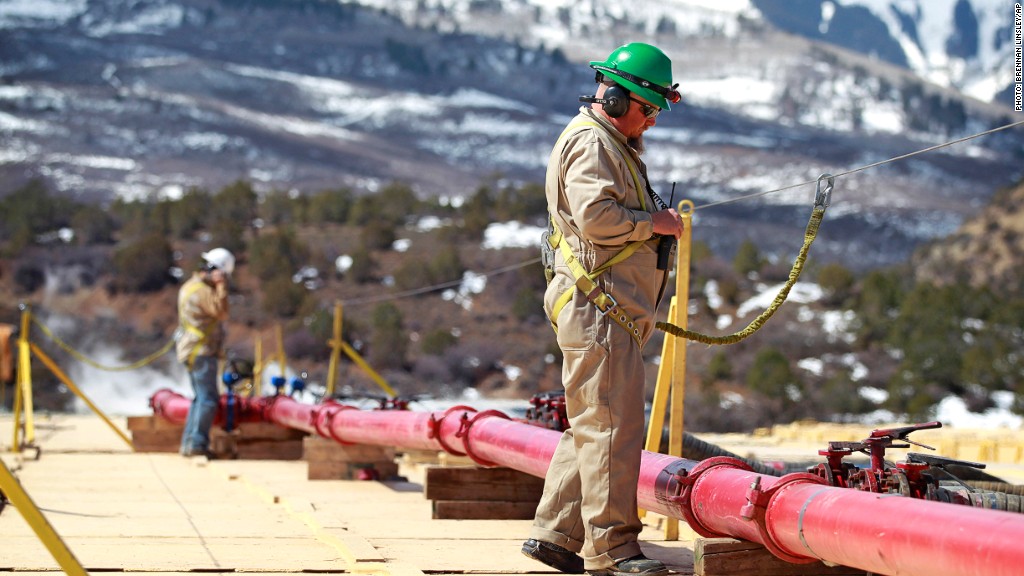
If you're looking to recruit an engineer right now, be prepared for a dog-eat-dog world.
Experienced engineers are being offered sky-high salaries and are taking regular calls from headhunters as the booming shale gas industry fights for scarce talent, snapping up engineers from other sectors.
"It's an all out war for talent," said Houston-based Gladney Darroh, president of Piper-Morgan Associates Personnel Consultants, a specialist in recruiting oil and gas engineers.
"Right now the hardest individuals to recruit are people who have anywhere from five to 15 years of experience. That's a real sweet spot right now," he said.
It's a simple case of supply and demand: there aren't enough experienced engineers to go around, and global demand for engineers is growing, especially as the U.S. shale gas industry balloons.
Recruiters say it now takes twice as long to hire engineers compared to other jobs, and salaries are spiking.
"Salaries can reach as high as $200,000 to $350,000 for engineering professionals in senior, but not executive, managerial roles," said Dane Groeneveld, a director at engineering recruitment firm NES Global Talent.
The severe shortage and competitive dynamics may also slow economic growth as some companies delay big projects due to a lack of skilled workers.
Related: 10 hardest working countries
The tech boom in the late 1990s is partly to blame for the current dearth of talent, as people who might have become engineers pursued a career in IT instead, said Groeneveld.
The engineering job market has also been through boom-bust cycles in past decades, dissuading people from getting into the field, he said.
For the lucky few who chose engineering all those years ago, the payoff is huge. Employers trying to poach talent from their competitors are offering massive salaries and incentive plans. Companies are often then forced to respond with generous counter offers to ensure employees stay put.
"They recognize that if that talent walks out the door it's going to be very expensive and time-consuming to replace them," said Darroh, noting that retired engineers are even being lured back into the workforce.
Related: World's shortest work weeks
Even in entry-level roles, young engineers are commanding jaw-dropping salaries. Seven of the top 10 highest-paid college degrees are in engineering, according to a recent report from the National Association of Colleges and Employers.
Of course, engineers aren't just required for typical energy and infrastructure projects. There's a host of other fields looking to hire, including mining, manufacturing, pharmaceuticals, chemicals and even consumer products.
Many engineers move straight into finance and management consulting after graduation, creating further strain for other sectors.

The U.S. isn't the only country facing an engineering shortfall. Developed and developing nations alike are feeling the strain.
"We're being pulled in a lot of directions right now. I think the competition for talent is really broad," said Groeneveld.
Developing markets such as Brazil, China and India aren't producing enough engineering graduates, creating larger problems down the line, he said.
Reports from developed countries such as Canada, the U.K., Australia and Germany also show there aren't enough engineers with specialist skills.


